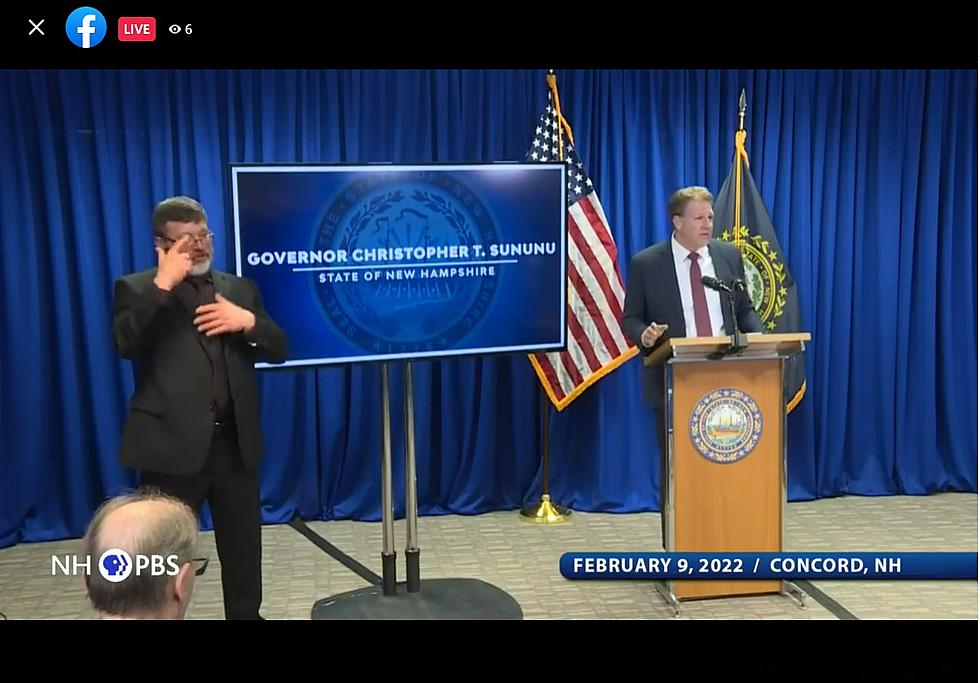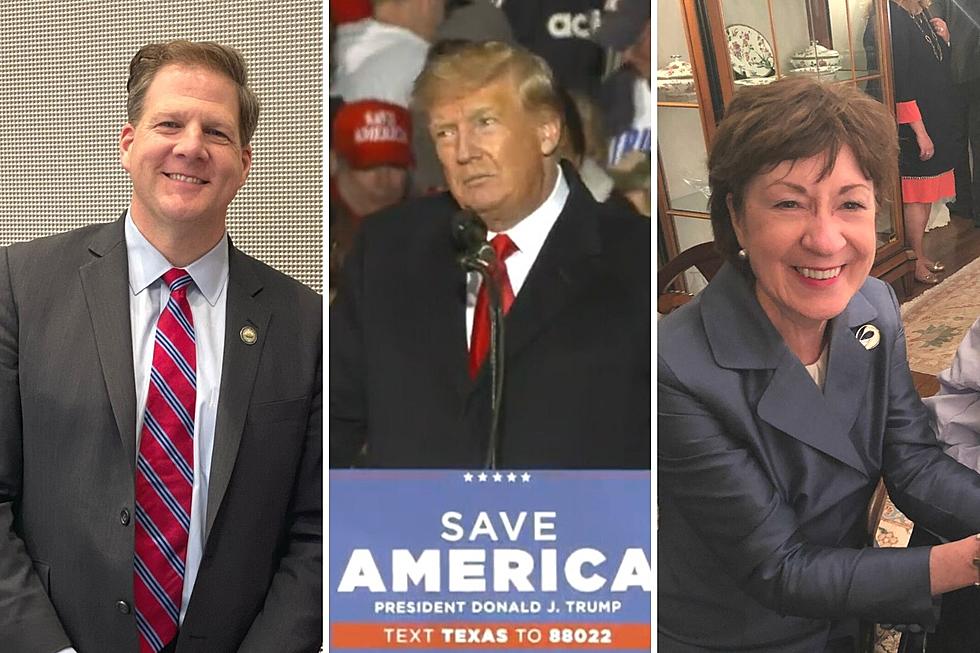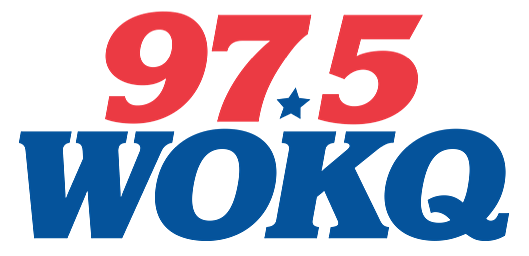
New Tools Help NH Handle COVID-19 ‘Winter Surge,’ Sununu Says
Gov. Chris Sununu listed some of the new and old "tools" he has used to deal with the winter surge as he announced the National Guard will be brought in in New Hampshire during his weekly COVID-19 briefing.
As of Wednesday there are 1,184 new cases, 462 hospitalizations and 11 deaths reported in New Hampshire, the highest numbers yet of the pandemic, according to State epidemiologist Dr. Benjamin Chan. Rockingham County continues to have the highest number of active cases with 1,870, according to the state COVID-19 dashboard, while Stafford County has 962.
Chan also said the Omicron variant has not yet been reported in New Hampshire but expects it to happen soon. While little is yet known about the variant Chan said there is some evidence that it can cause reinfection in those who have already had COVID-19.
"It continues to be our recommendation and it continues to be important for people who have been previously infected with the COVID-19 virus to get vaccinated. We know the vaccination provides more consistent and higher levels of protection than natural immunity alone," Chan said.
Slowing Down the Numbers
Sununu tried to see the positive in the numbers and said with a 28% increase over the past two weeks they are not growing as quickly as they had been compared to other New England states.
"We're not peaking. I'm not saying we're peaking by any means but we're not going up like you see some of these other states like Massachusetts, Connecticut and Rhode Island. They're seeing some of their most drastic increases in the past couple days.
Sununu said 70 members of the National Guard will be brought in to assist with "backroom tasks" like food service and clerical jobs to free up staff. FEMA will also be sending a "few dozen workers" along with 30 paramedics to help at hospitals.
The Executive Council also approved $6 million for "strike teams" Sununu said will bring in staff from out of state to supplement hospital staff as patients are moved to other facilities for treatment.
Sununu the first Booster Blitz Saturday is completely booked with 12,000 people due to receive the booster at 15 locations statewide on Saturday. Another will likely take place in the new year to encourage the COVID-19 booster shots.
There are also discussions to make for more free at-home tests available. 900,000 were ordered in less than 24 hours in the first tests available.
The governor will not consider a return masking and capacity mandates mainly because it penalizes those who have done what he calls the "right thing" getting the COVID-19 vaccine and the booster shot.
"You're penalizing a good portion of the state that's done right with the vaccine. It's about individuals making the right choice," Sununu said.
He was also concerned about the impact blanket mandates would have on schools and business especially during ski season.
"You're talking about shutting down schools. Terrible idea. We know we can manage this without shutting down businesses. Terrible idea. Limiting gatherings, limiting what people can do. Those are really drastic, extreme measures," Sununu said. "Those were done in a very rare time when we had no other tools. We have those tools now and everyday we're getting more powerful tools"
Contact reporter Dan Alexander at Dan.Alexander@townsquaremedia.com or via Twitter @DanAlexanderNH
Answers to 25 common COVID-19 vaccine questions
More From 97.5 WOKQ









